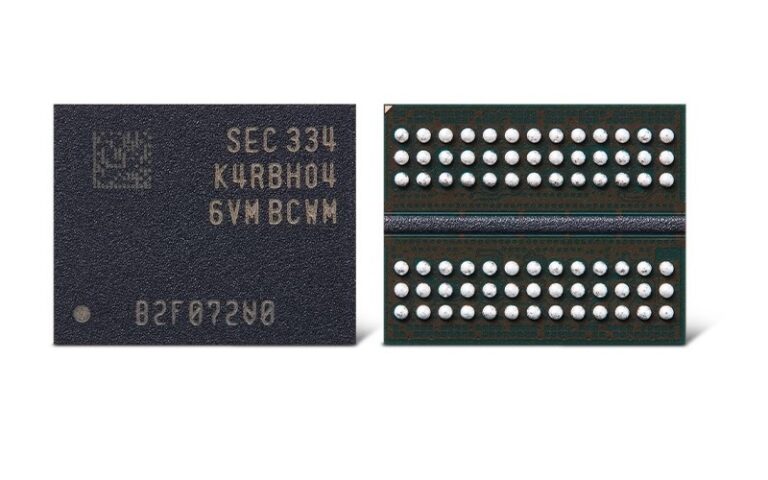Samsung Electronics announced today that it has developed 32-gigabit DDR5 memory on the 12 nanometer process for the first time. This will allow memory modules to house up to 1TB, which should make the chips ideal for AI workloads.
Developments are moving quite fast at Samsung Electronics’ development team. In May, it first produced DDR5 memory that had 16-gigabit capacity for the first time. EVP Product & Technology Sang Joon Hwang said the company is responding to the needs of companies looking to deploy AI and big data. “We will continue to develop DRAM solutions through differentiated process and design technologies to break the boundaries of memory technology.”
Memory chips are of course an essential component for data center PCs for every purpose, but AI workloads in particular put pressure on both capacity and bandwidth. DDR5 is already a big improvement over DDR4 in that regard: 4.8 Gigatransfers per second versus up to 3.2 with DDR4, a 50 percent improvement.
500,000 times more capacity
Samsung cites the first DRAM chips it had produced in 1983 with a 64-kilobit capacity. So in fourty years, 500,000 more capacity has been developed by the Korean tech giant.
A single 128GB memory module was already possible, although that required the costly and inefficient TSV (Through Silicon Via) process. Now it plans to use the 32Gb solution for that purpose from now on.
Also read: Samsung unveils SSDs to drive AI development
